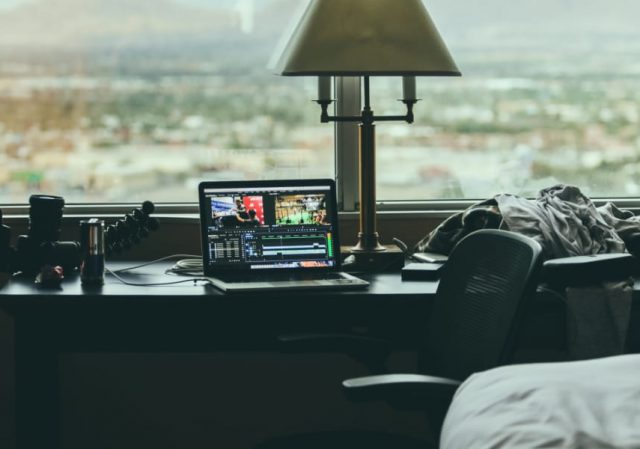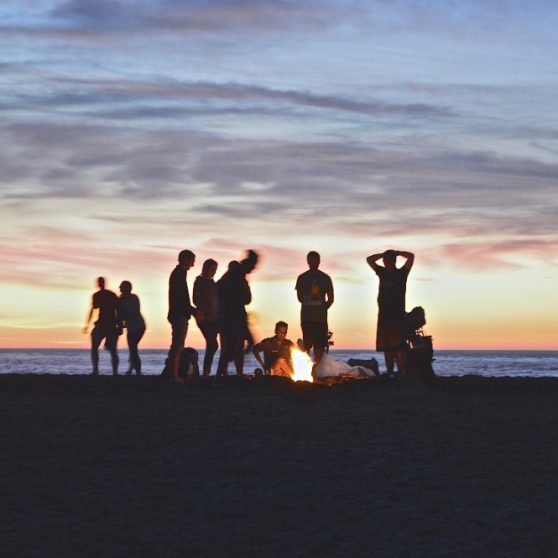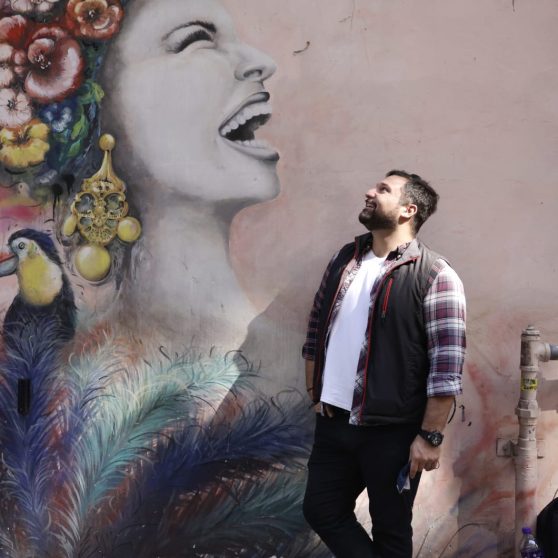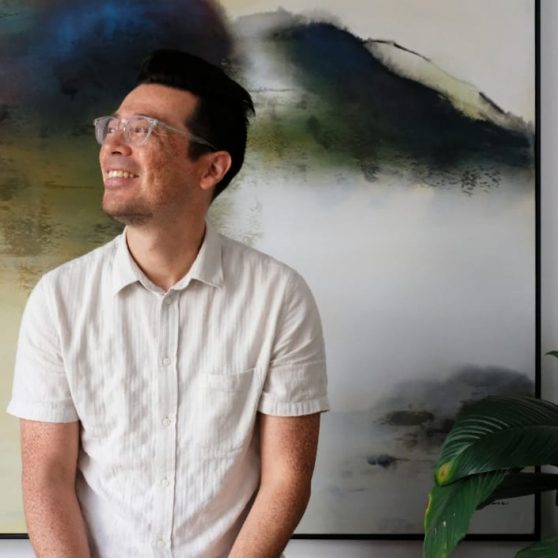If you’re feeling the fatigue of working from home, or itching to get away but can’t take time off, a working vacation could be the answer. Also referred to as “workcations”, these pseudo-vacations have emerged in recent years as a solution for those who need a break from the conventional office experience.
But are workcations really as cool as the Instagram photos of a laptop against a beach backdrop, or just a romanticized notion that makes no sense in practice? A few folks who have worked while away from home weigh in on the pros and cons and share some tips for success.
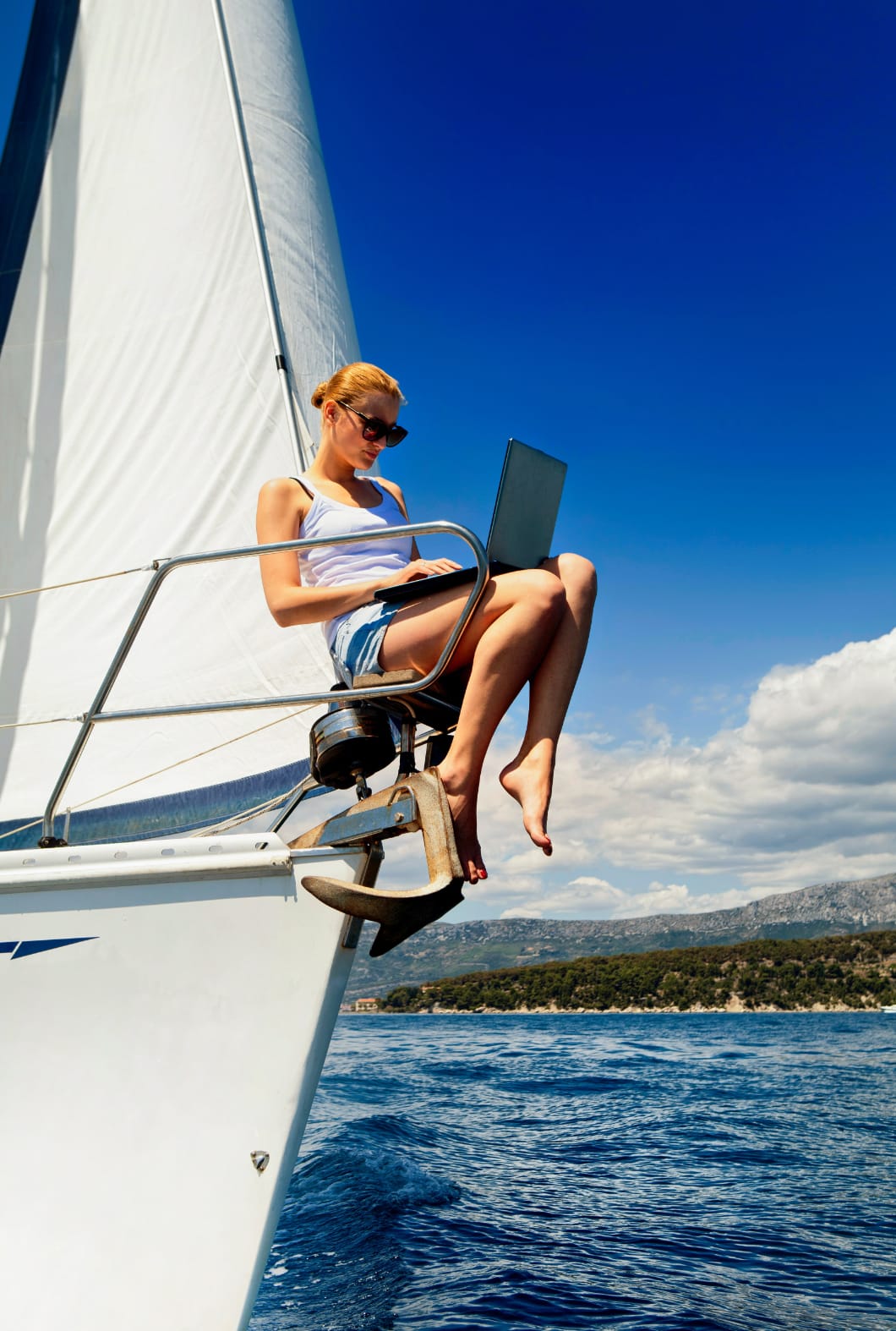
A quick note on travel and health before we dive in: yes, the global pandemic has thrown a wrench into travel plans, but at the same time it has made remote work a viable option for countless jobs where it wasn’t prior. Maybe we can’t ethically or safely take off across the globe right now, but a change of scenery even within your own city can be enough to feel like a much-needed getaway.
Why Take a Workcation?
In theory, workcations let us get away with the best of both worlds: you don’t have to use up precious vacation days, but still get to experience something different on your lunches, evenings, and weekends.
“I’ve found that jumping around different locations while working has kept me way more on track,” says wildlife management contractor Chanda Turner who’s currently stationed in Inuvik, in the Northwest Territories of Canada. “I wanted to get my work done because I was in this amazing place and I wanted to go explore.” Turner’s working-while-away experience runs the gamut, from leaving the lab to write her thesis while travelling and living in a van, to finding a tiny home in a remote town to hunker down and meet deadlines.
“I’ve found that jumping around different locations while working has kept me way more on track.”
If you switched to working from home this past year, there’s a good chance you may be itching to shake things up, feeling the fatigue of living and working in the same place day after day. Many people are feeling burnt out and maxed out emotionally right now, and despite needing some intentional time away, might not be able to take vacation days.
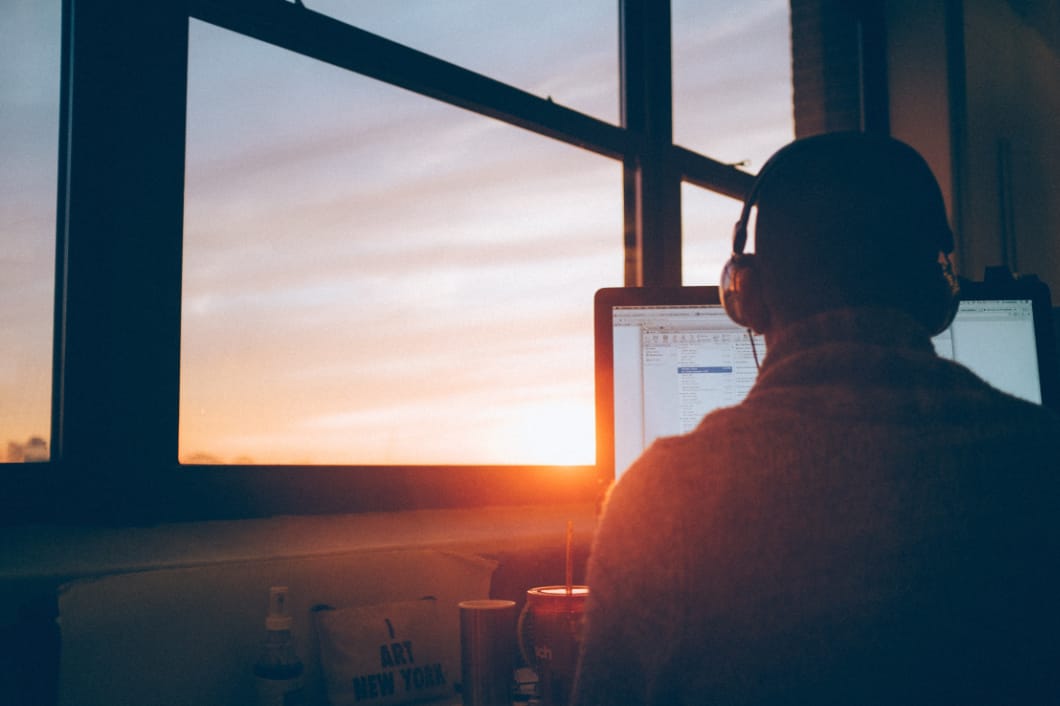
“With COVID, you can still go somewhere—maybe it just means you’re booking an Airbnb three streets away, but it’s a new space for you. It doesn’t have to be exotic to still feel like a vacation, just breaking up the routine as much as you can and need to do,” says Turner.
Artist and performer Tails has spent countless weeks making music and meeting deadlines while enjoying other cities. While the pandemic forced him to move back home to Vancouver Island from Georgia, typically throughout the year he can be found hopping through cities all over North America. When it comes to workcations, he agrees that a change of scenery can make all the difference: “A new environment makes work feel a lot more exciting because it’s not the same old room you’re working from everyday. This is especially important for me as someone who works in a creative field since new locations can be really inspiring—plus, you don’t have the normal comforts and distractions you’d have at home.”
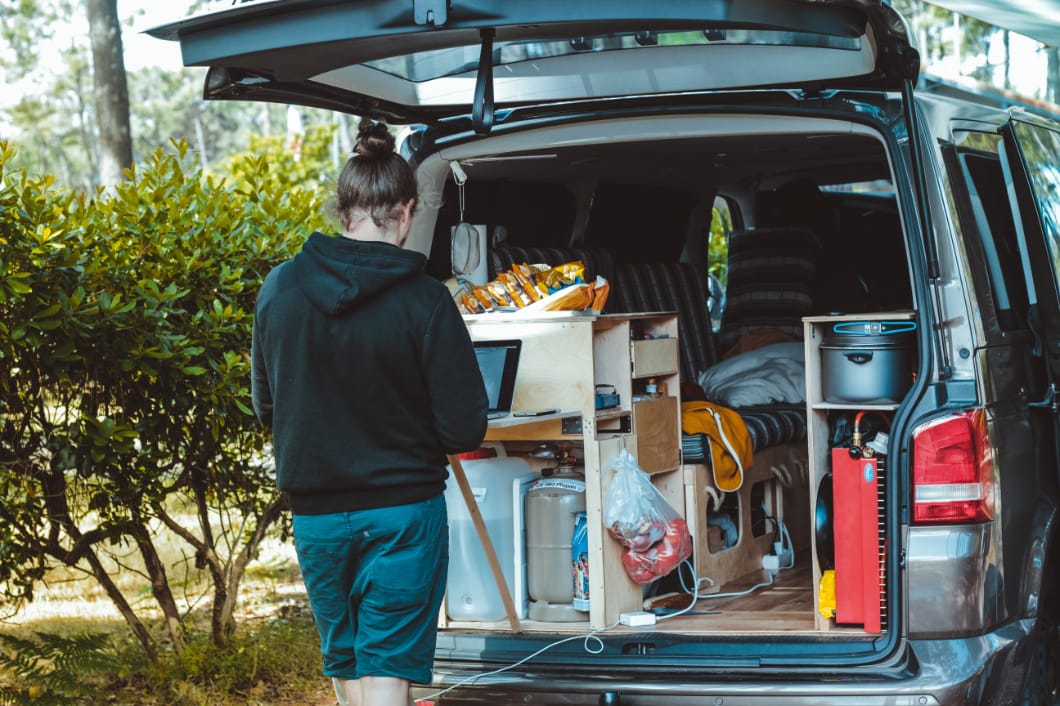
Potential Downsides & Mistakes to Avoid
Vancouver-based Digital marketer Thomas Hildebrand admits that, despite visions of a cool nomadic lifestyle inspired by The 4-Hour Workweek author Tim Ferriss, his first workcation in the Canary Islands wasn’t the productive paradise he’d imagined. “It was harder and more stressful than I’d expected,” he says, but adds that can be attributed to a few key mistakes.
Hildebrand’s first problem was that he went with a couple friends who weren’t working, and didn’t have a separate workspace in their shared accommodation. While he was trying to focus, his travel companions’ were gearing up for a good time. When they were in the hotel, their clashing energy levels were distracting, and when they were out, Hildebrand found himself wishing he were out exploring too.
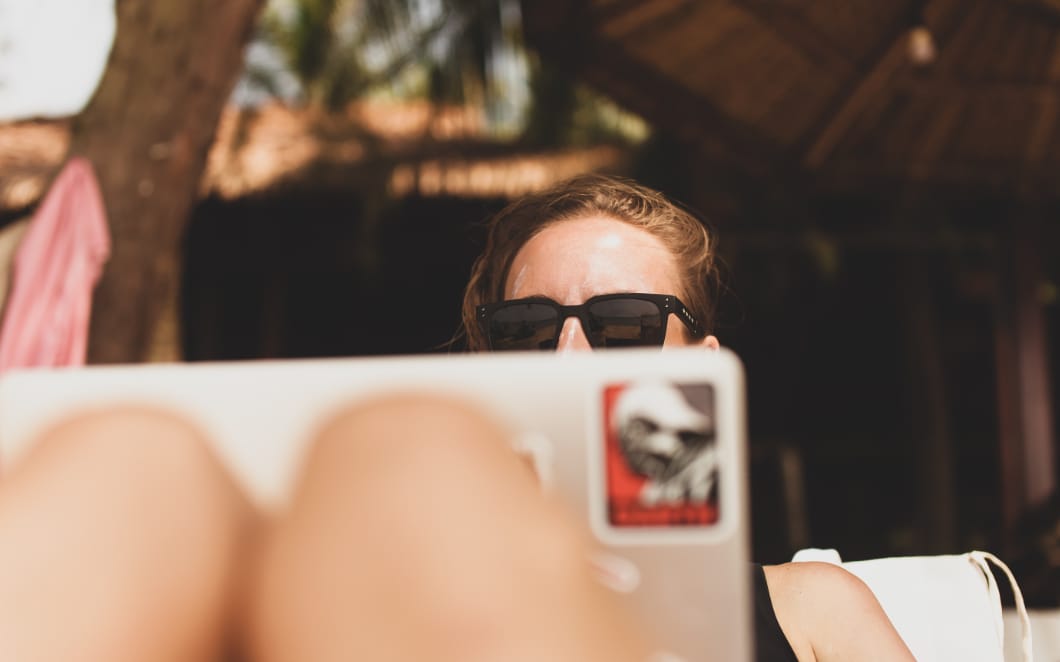
“It was harder and more stressful than I’d expected.”
His second mistake was not taking time zones into account. “I was able to easily change the time of our weekly calls, but if I ran into a problem or had a question for my employer, I’d have to wait several hours until it was appropriate to contact them—which really slowed down my productivity.”
Keys to Success
Communication:
“Your success depends on the trust and conversations you have between you and your employer beforehand to make sure you’re on the same page. If you think you can just go away and do work at irregular hours, but your boss thinks you’ll be working 9–5 and will be available when they call you, that’s not going to work,” says Turner.
Tails emphasizes honesty in this communication: “You never really know how well you’re going to work in a new environment, so if you head into it with a lot of preconceived ideas that you’re just going to crush a bunch of work and take on new responsibilities but find something doesn’t permit that to happen, being able to communicate that and reevaluate when the goal should be due or if they’re too much in general is super important.”
Know yourself and your working style:
Understanding your specific needs when it comes to both productivity and leisure is the most important component of a successful workcation. Only you know for sure if working in a new place will be rejuvenating or distracting.
“Know what you need out of a place to be productive. Maybe that’s having a coffee shop nearby if the energy of those really work for you. Have a work space that is going to help you get into the work,” says Turner.
Lastly, be brutally honest with yourself: do you actually just need some time off? A working vacation shouldn’t replace a real vacation, it should be in addition to one. “People need to be aware of their limitations. You can’t take a workcation if what you need is a vacation,” says Turner.
Workcations, like most things in life, are all about balance—and you should absolutely take one if it helps you achieve that.
Understand your specific needs when it comes to both productivity and leisure. Only you know for sure if working in a new place will be rejuvenating or distracting.
